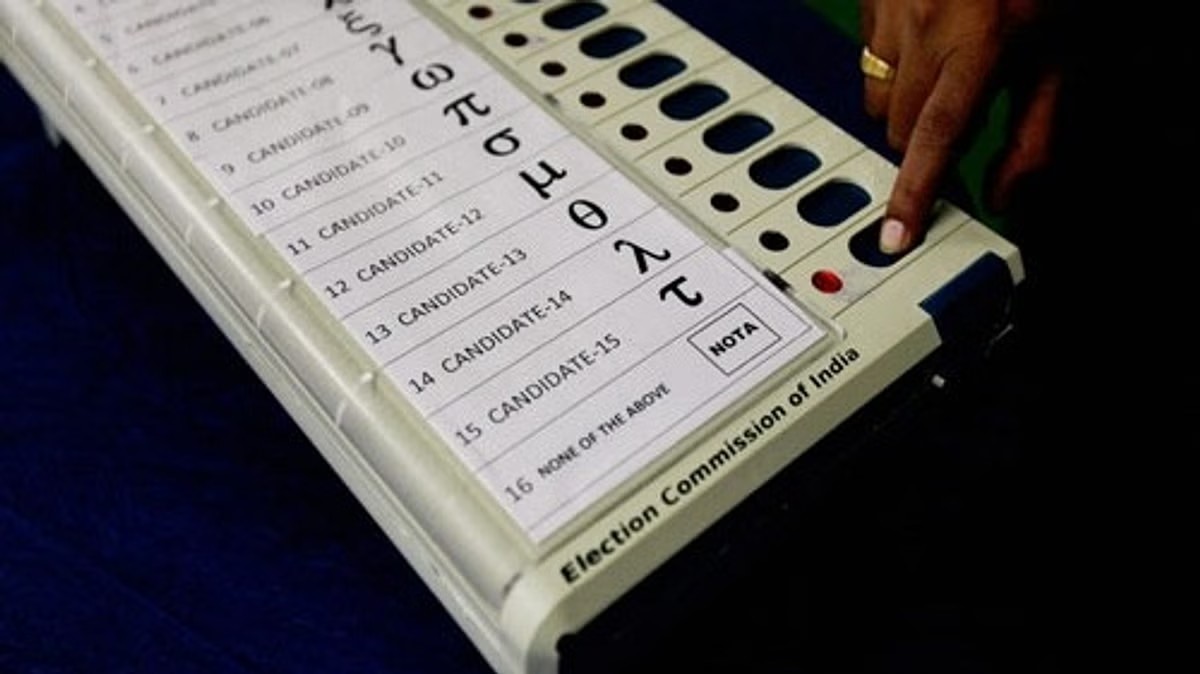SC Questions Validity of Unopposed Election Victories
SC Questions Validity of Unopposed Election Victories
Why in the News ?
The Supreme Court has questioned whether unopposed election victories without a minimum vote threshold violate voters’ rights, highlighting concerns over Section 53(2) of the Representation of the People Act, 1951, and seeking the Centre’s response within four weeks.
Challenge to Section 53(2) and Voter Rights:
- Vidhi Centre for Legal Policy filed a petition challenging Section 53(2) of the Representation of the People Act, 1951.
- The petition argues that uncontested victories deny voters their right to choose NOTA, violating Article 19(1)(a).
- The Supreme Court’s 2013 NOTA judgment underlines voters’ right to reject candidates, regardless of the number contesting.
Prevalence of Uncontested Elections
- Between 1951 and 2024, 26 uncontested Lok Sabha seats deprived over 82 lakh voters of choice.
- Recent example: In 2024, BJP’s Mukeshkumar Dalal won Surat unopposed after rival nominations were rejected or withdrawn.
- Uncontested elections are more frequent in state assemblies than in national polls.
SC, ECI, and Legislative Perspectives
- Justice Surya Kant suggested setting a minimum vote requirement for unopposed candidates to uphold democratic principles.
- Election Commission countered that uncontested elections are rare today and legislative changes are needed to apply NOTA in such cases.
- SC urged the Centre to consider reforms to avoid candidates entering Parliament without sufficient public endorsement.
About Uncontested Elections:● As per the ECI Handbook, if only one candidate remains after the withdrawal deadline, they are declared duly elected without a poll. ● There have been only nine instances of uncontested elections in India. ● Uncontested elections occur when: ○ Other candidates voluntarily withdraw, or ○ Nominations are rejected during scrutiny. Understanding the Nomination Process for Elections:● Section 33 of RPA, 1951 governs nomination filing; Section 36 oversees scrutiny. ● Eligibility: Candidate must be an elector and at least 25 years old for Lok Sabha. ● Proposers: ○ Recognised party candidates: 1 proposer. ○ Independent/unrecognised party candidates: 10 proposers. ● Multiple nominations: Up to 4 allowed for backup. ● Scrutiny: RO checks authenticity; minor defects don’t invalidate papers. |




